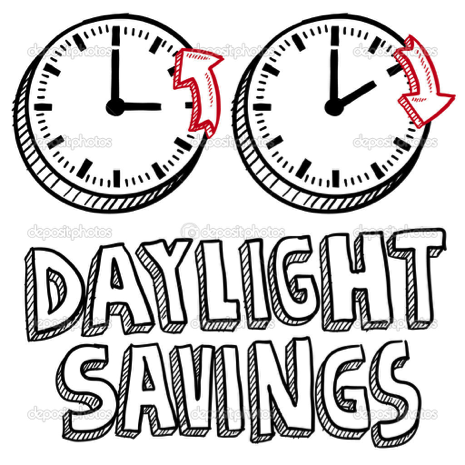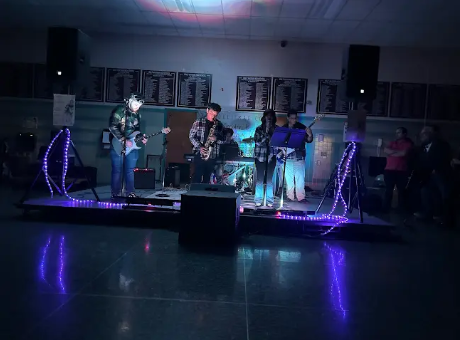“Fall Back” or “Spring Forward”: Does It Even Matter?

How did you feel getting an extra hour of sleep this past Halloween? Awesome, right? Daylight savings time seems like an incredible concept. However, is it time for it to be rewritten in history books?
Daylight savings time was established with the passage of Standard Time Act in 1918. Its goal was to make better use of daylight hours during World War I. Less energy would be used at night since there would be fewer tasks to do.
According to the History Channel, Benjamin Franklin first documented this idea. However, he did not invent it. He proposed that if people woke up at dawn, it would save a ton of money just through the use of the sunshine instead of candles.
The fundamental question arises from this: Is it necessary? According to the History Channel, energy conservation due to daylight savings time is not entirely supported by evidence. On the contrary, it may actually increase energy consumption. One claim states that due to increased recreational activities, there is a greater consumption of gasoline.
About 73% of people answered no to the following question on debate.org: Does daylight savings time have any purposeful advantage in today’s business or cultural world? On an AccuWeather poll, 82% of people said that daylight savings time is not necessary.
Daylight Savings Time can often ruin one’s sleeping schedule as it may be hard to adapt to the changing number of daylight hours. For example, there is now a lack of decent amount of daylight for students waiting at the morning bus stop.
Some suggest daylight savings time may have helped farmers in the past. However, it seems like that statement is a common misconception among many people. History Channel claims that daylight savings time had no correlation with the farmers since the farmers’ schedule depended on the sun. And, modern society is not dominated by agriculture anymore.
Daylight savings time is not observed in every single nation around the world. In fact, National Geographic states that most of Hawaii and Arizona, as well as some U.S territories, do not observe daylight savings time. The argument about whether daylight savings time should stay or not can go on forever, but it’s better for it to stay in the history books.






